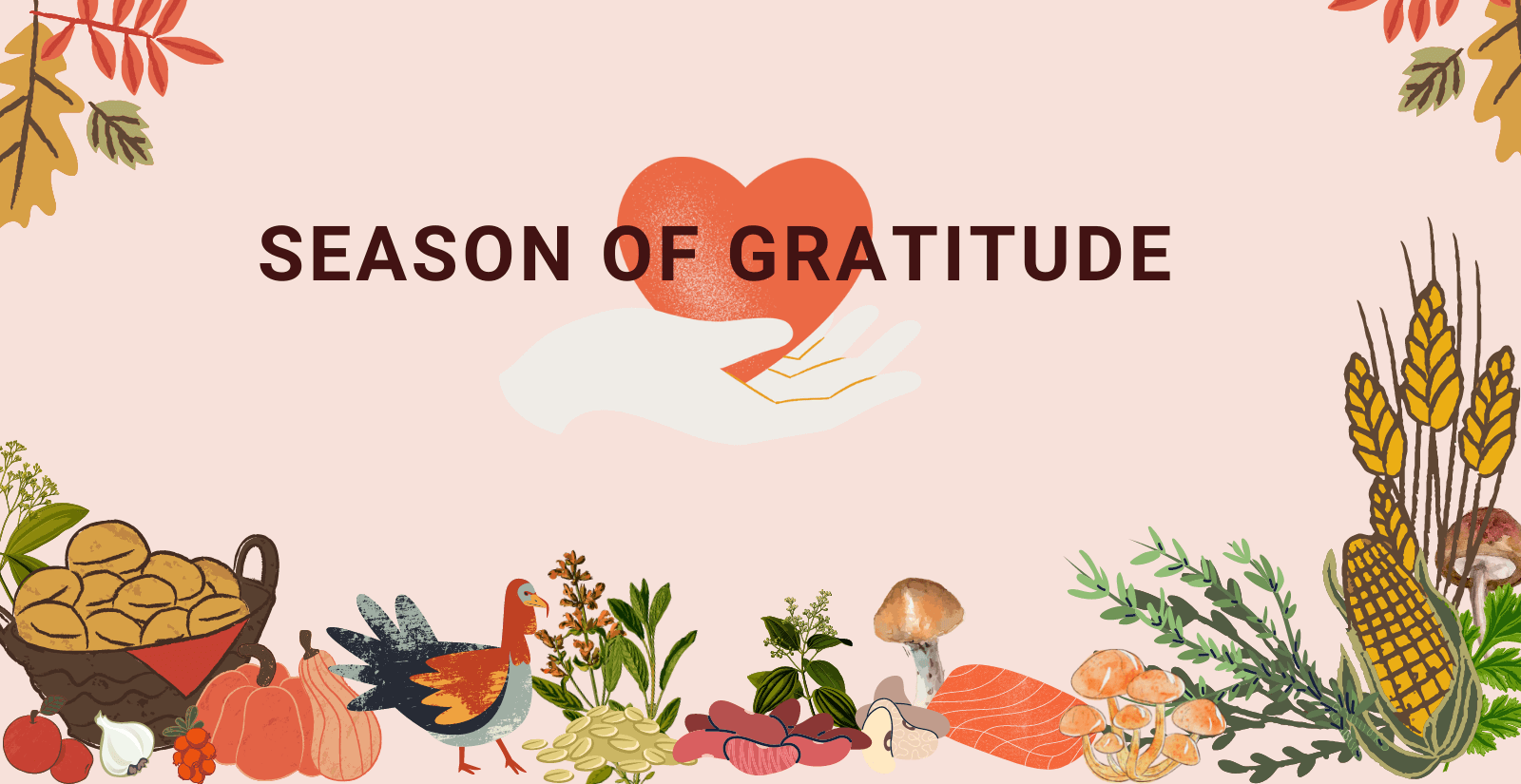
It’s the season centered around gratitude, and after the past few years there is so much to be grateful for! So happy gratitude season from all of us at B&B! As we gather for meals with our families, chosen families, and friends, let’s also take some time to acknowledge the roots of this national holiday that only started in 1941. Just as we critically examine the source material of the plays we produce at B&B, we invite you to look at Thanksgiving’s “source material” along with us and learn together...
To kick off this weekend of consumption (both literally and financially), we invite you to remember and deconstruct the myths around “Thanksgiving”, including all of the misinformation that has become ingrained in U.S. culture. Many Indigenous people choose to reject these narratives and instead seek to uplift and affirm their cultures on the National Day of Mourning. As our country continues to wrestle with what and whose history should be taught in schools, reflected in popular culture, and remembered in our history books, this National Day of Mourning is an opportunity for every person to re-examine what they know about U.S. history.
Here are some recommendations to get you started on learning about what actually happened and how what we learned in school across generations was a lie.
ThanksTaking or ThanksGiving? | All My Relations Podcast
“This episode talks with Wampanoag scholars Paula Peters and Linda Coombs, who tell us the real story of Thanksgiving, from an Indigenous Perspective.
Thanksgiving is a time for people to come together with their families and give thanks for the blessings in their lives; but the American holiday is rooted in historical fallacy and upholds tired settler colonial belief systems. Instead, let's begin to understand the real story of Thanksgiving and the complex history undergirding this event in relation to Indigenous people. The path to reconciliation starts with honest acknowledgement of our past, with open eyes, and open hearts for a better future. It is time for us to be in good relation with one another. We can do that by learning and unlearning how to give thanks in a good way.”
The Suppressed Speech Of Wamsutta (frank B.) James, Wampanoag
To have been delivered at Plymouth, Massachusetts, 1970
This is a primary document that helps us to better understand a Native perspective of what celebrating Thanksgiving represents to the Wampanoag of the Northeastern United States.
The Invention of Thanksgiving | Paul Chaat Smith (Comanche) (4:38 mins)
“This video is from the Smithsonian's National Museum of the American Indian exhibition "Americans." © 2018 National Museum of the American Indian
Why I’m Not Thankful for Thanksgiving | Michael Dorris
A Rethinking Schools article written by a Native American parent that challenges stereotypes in classroom curriculum about the Thanksgiving Holiday
Sherman is the founder and CEO of The Sioux Chef and the author of The Sioux Chef’s Indigenous Kitchen, which won the 2018 James Beard Award for best American cookbook. In this article for Time Magazine he explains a better way to celebrate Thanksgiving.
Experience the online iteration of the "Americans" exhibit here.
American Indian images, names, and stories infuse American history and contemporary life.
"Americans" highlights the ways in which American Indians have been part of the nation’s identity since before the country began. It surrounds visitors with images, delve into the three stories, and invite people to begin a conversation about why this phenomenon exists.”
The Myth of Thanksgiving: Native American Perspectives on The Pilgrims | Past Forward (1 hr 6 mins)
“Inspired by the 2015 film The Pilgrims, American Experience presents a special discussion sharing Native American perspectives on the arrival of European settlers in New England 400 years ago. The conversation will examine the experiences of Native populations at the time of the settlers’ arrival, what is actually known about the first Thanksgiving, and how native tribes see themselves in today’s construction of the United States. The discussion is moderated by Yvonne Russo, a filmmaker and member of the Sicangu Lakota Tribal Nation.
Featuring: Linda Coombs, Aquinnah Wampanoag, historian and independent scholar & Cassius Spears, a Knowledge Keeper and Narragansett Tribal Member.”
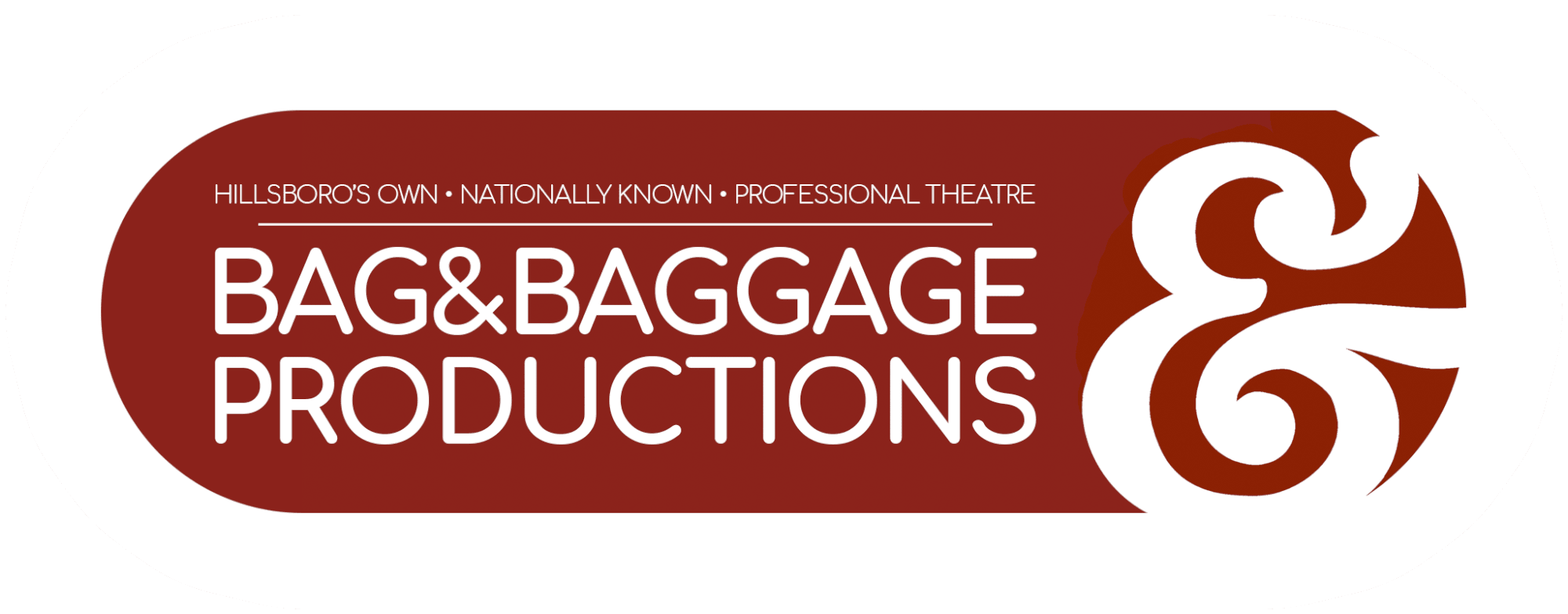
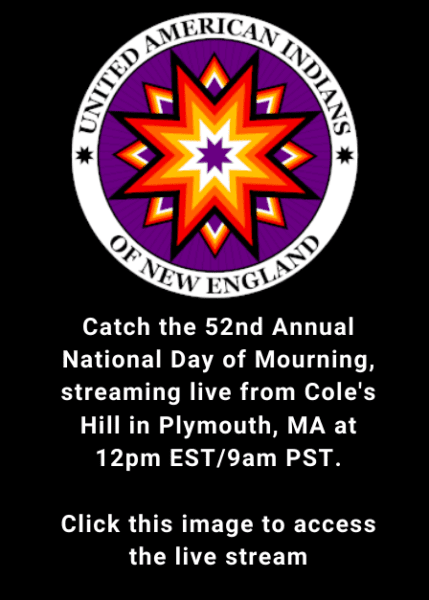
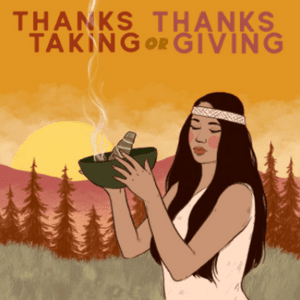
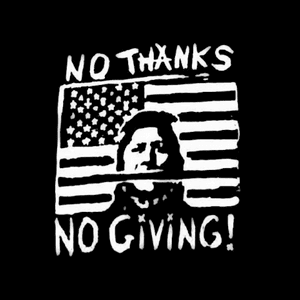
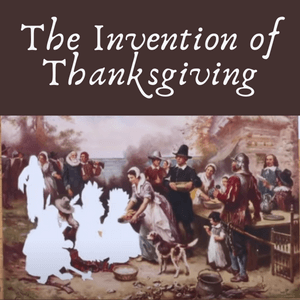
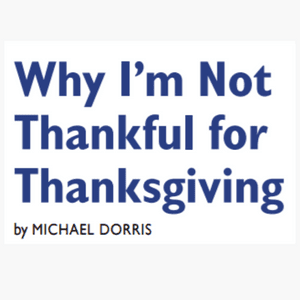
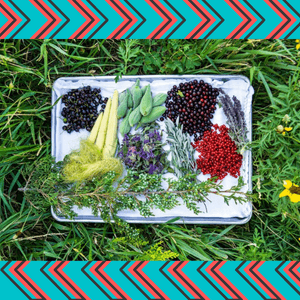
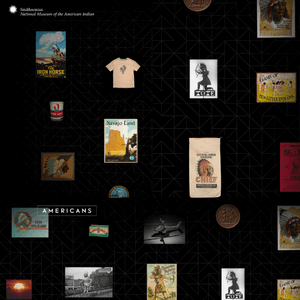
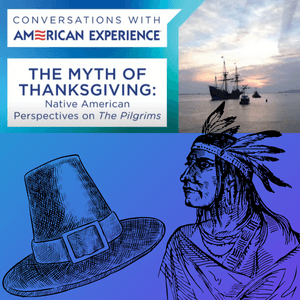
Leave a Reply